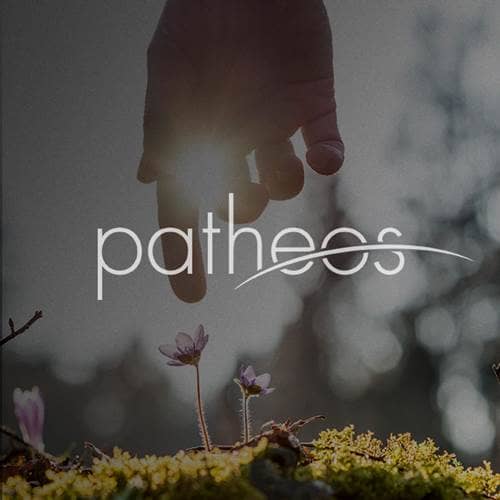- Trending:
- Pope Leo Xiv
- |
- Israel
- |
- Trump
- |
- Social Justice
- |
- Peace
- |
- Love

RELIGION LIBRARY
Roman
Ancient Roman religion refers to the indigenous religious beliefs and practices of the people of the Italian peninsula before the rise of Christianity in the 4th century C.E. Early Roman religion was a polytheistic tradition that focused on the rule of the gods and order within the Roman civilization. Ancient Roman religion linked cult practices with Roman patriotism. Some of the oldest gods within the Roman pantheon include Jupiter, Mars, and Neptune, all of whom had their own priests and cults. Mars was of particular importance because, as the god of war, he protected the people during war as well as protected their crops from diseases. Other important gods included Juno, Apollo, and Venus. Ancient Roman religion was also characterized by its many shrines to its gods as well as the festivals and ceremonies it held to honor the gods. Sacrifice was an important element of temple and shrine worship, and included primarily the sacrifice of animals. Ancient Roman religion also adopted many of the ancient Greek gods, as well as some of its mythology. Unique to ancient Roman religion was the inclusion of the Imperial Cult, which deified some of Rome's most famous leaders after their death. They were granted divine status because their accomplishments were seen as divine, but they were considered lesser gods. Ancestors were also highly venerated within ancient Roman religion, as evidenced by their elaborate tombs, but beliefs in the afterlife were vague.
Quick Facts
| Formed | 5th century B.C.E. |
| Adherents | Unknown |
| Deity | Polytheistic, including Jupiter, Mars, Minerva, and (later) the imperial cult |
| Sacred Text | Various texts, including Sibylline Books |
| Origin | Italian Peninsula |
| Headquarters | Rome |










